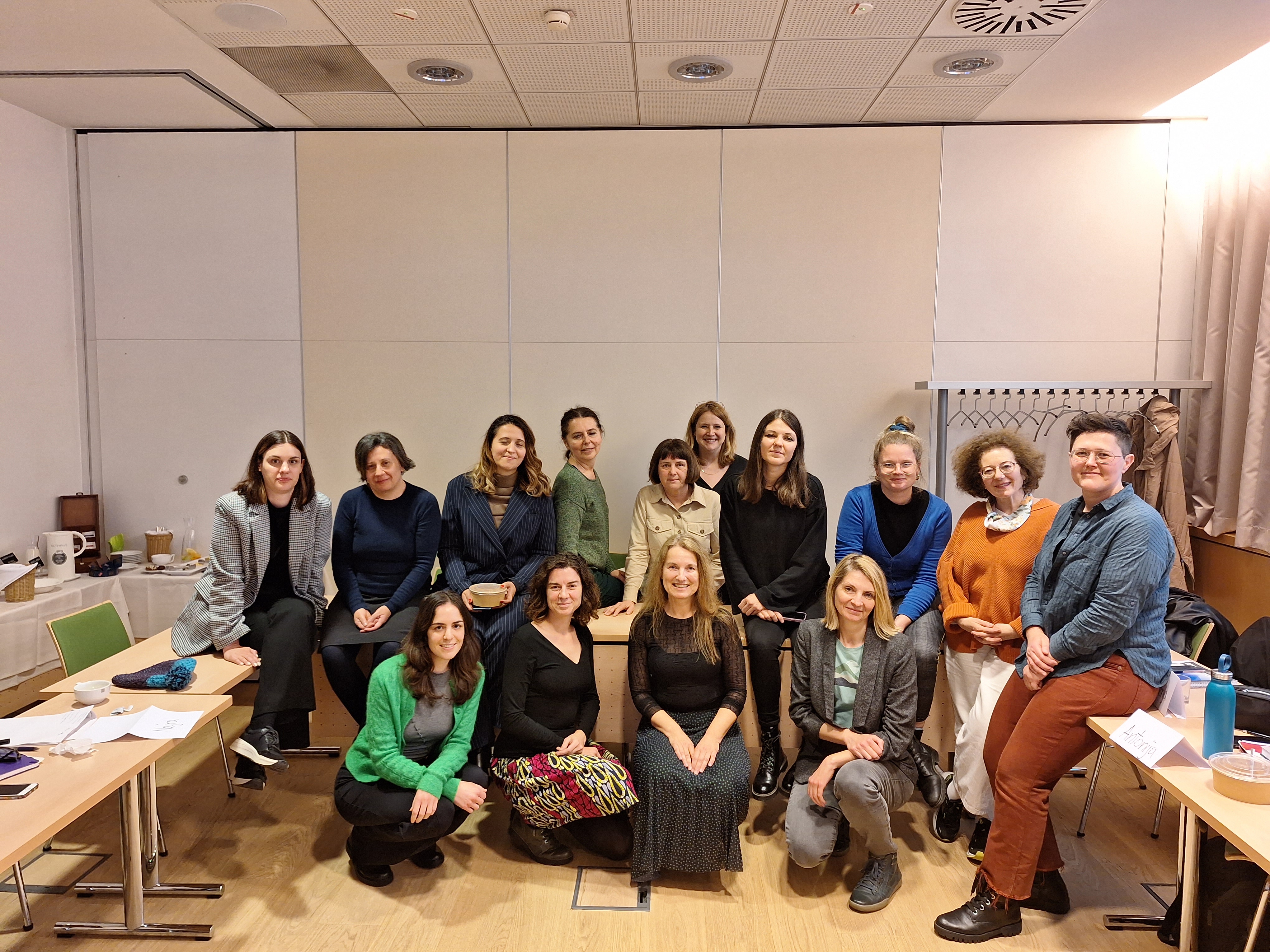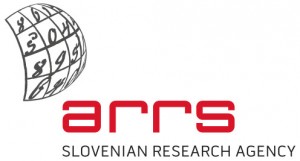Transnationalisation of eldercare – diversities, recruitments, inequalities (TE-DRI)
The project researches the intersections of eldercare and migration. Structural shortcomings of eldercare in Europe, including in Slovenia, have been fully exposed during the Covid-19 pandemic, which demonstrates how much the daily organisation of eldercare in European societies depends on global and circular care migrations and on care mobilities between the neighbouring countries. The new care economy, described by Parreñas (2001) as a ‘new international division of reproductive labour’, is considered to be one of the main trends in future global development (Lutz 2018).
International research of transnationalisation of eldercare is growing with research focuses on migrant care workers’ experiences, intersection of the welfare policies and care migration, employments in private households, South-to-North and East-to-West migration in global and circular patterns of care mobilities. Researchers observe that these focuses cause omissions in the coverage of the phenomena’s diverse expressions, geopolitical locations, actors and conditions and limit its theorisation. This project aims to contribute to further evidence-based theorisation of transnationalisation of eldercare by filling the research gaps related to multiple diversity of care mobilities, labour recruitment processes and implicated transnational inequalities in a specific semi-peripheral micro-border region between East and West, ‘old’ and ‘new’, EU member and non-member states. The core research question is how diverse care mobilities (global care chain, circular care migration, daily cross-border care commuting and mobility of eldercare users) interact with labour recruitment processes, mechanisms, actors and transnational inequalities. In terms of geopolitical diversity, the project addresses East-to-East, and South-to-East care movements of EU citizens and non-citizens which impacts on labour recruitment frameworks and transnational inequalities. The research has a potential for policy developments in long-term care and labour migration.
Project execution
The research will provide empirical evidence and develop theoretical interpretation of diverse care mobilities that have intensified in eldercare in Slovenia in last decade: 1. the systematic recruitment of care workers from the countries of former Yugoslavia in residential and home-based care providers in Slovenia; 2. care emigration of the elderly to residential providers in the neighbouring Croatia.
Specific objectives of the project are to analyse: 1. How providers of care services (organisations and care workers) and families/elderly use transnationalisation of eldercare as a strategy to manage care deficit; 2. How the welfare state in collaboration with commercial recruitment agencies becomes an employer of migrant care workers; 3. How global and circular care migration interact with daily cross-border care commuting and mobility of eldercare users; 4. How care emigration and immigration are co-related.
Methods of work. Research is organised in four working modules: 1. Literature Review, Contextualisation and Policy Analysis; 2. Labour recruitments and transnational inequalities; 3. Providing and receiving care in a transnational context; 4. Implications for theory and policies: dissemination of results.
Methodologically, it is based on mixed methods approach. It includes multi-levelled analysis that ties agency and structure and connects the micro level of migrant care workers/users experiences with meso level of institutional and policy factors and macro level of the dynamic of global capitalism. The research will use: policy analysis to identify the contextual specific care, migration and employment regimes; the analysis of key actors and care migration geographies; rapid ethnography to develop case studies; problem interviews to analyse lived experiences of care migrants/users.
Results
- Data Collection About Care, Migration, Labour And Gender Regime in Selected Coutries of the Western Balkan, Majda Hrženjak and Anja Redžić, Peace Institute, Ljubljana, 2022
- Symposium: Transnationalisation of care for older people within and between the european (semi)periphery and core, 23rd April 2024, City hotel. (Program | Program with abstracts | Collection of papers)

Partners:
Funders:
 Slovenian Research Agency
Slovenian Research Agency